Introduction:
Crooked teeth, also known as malocclusion, can happen to anyone, regardless of age or background. While many people dream of having perfectly straight teeth, misalignment is quite common. In this guide, we will explore what causes crooked teeth, how they can affect your life, and the different treatment options available—all in simple, easy-to-understand language.
What is Causes of Crooked Teeth?
Several factors can lead to crooked teeth, including:
1.Genetics:
Your family history plays a big role in how your teeth align. If your parents or grandparents had crooked teeth, you might have a similar issue.
2.Crowding:
Sometimes, there isn’t enough space in your mouth for all your teeth. This can cause them to become crowded and shift out of place.
3.Sucking Habits:
Prolonged thumb sucking or using a pacifier beyond baby years can put pressure on teeth and lead to misalignment.
4.Jaw Problems:
Issues like overbites, underbites, or crossbites can also cause crooked teeth.
5.Early Tooth Loss:
Losing baby teeth too soon or not having enough permanent teeth come in can disrupt how your teeth align.
Effects of Crooked Teeth:
Crooked teeth can have both visual and practical effects:
1.Self-Esteem Issues:
Many people feel shy or self-conscious about their crooked teeth, affecting their confidence and social life.
2.Chewing Difficulties:
Misaligned teeth may not fit together correctly, making it hard to chew food properly.
3.Speech Problems:
Crooked teeth can make it difficult to pronounce certain words or sounds clearly.
4.Higher Risk of Cavities:
Misaligned teeth can create tight spaces where food and bacteria can hide, increasing the chance of tooth decay and gum disease.
5.Jaw Pain:
Crooked teeth can lead to jaw misalignment, causing discomfort and possibly temporomandibular joint (TMJ) issues.
Treatment Options for Crooked Teeth:
There are several ways to correct crooked teeth:
1.Braces:
Traditional braces use metal brackets and wires to slowly move your teeth into the right position. They are effective for many types of misalignment.
2.Clear Aligners:
Options like Invisalign use clear, removable trays to gradually align your teeth. They are less noticeable and more convenient than braces.
3.Retainers:
After using braces or aligners, retainers help keep your teeth in their new positions.
4.Tooth Extraction:
In some cases, removing one or more teeth may be necessary to create space for proper alignment.
5.Orthognathic Surgery:
For serious jaw alignment issues, surgery might be required to fix the position of the jawbone.
Maintaining Oral Health with Crooked Teeth:
No matter which treatment you choose, it’s vital to take care of your teeth and gums:
1.Brushing and Flossing:
Brush your teeth twice daily with fluoride toothpaste and floss every day to keep your mouth clean.
2.Regular Dental Visits:
Go to the dentist for check-ups and cleanings to catch any problems early.
3.Healthy Eating:
Eating a balanced diet with plenty of fruits, vegetables, and calcium supports your overall oral health.
4.Avoiding Bad Habits:
Limit sugary foods and drinks, and steer clear of habits like nail-biting that can harm your teeth.
Short Description:
Crooked teeth can affect how you look and function, but they don’t have to be a permanent issue. With the right treatment and good oral care, you can achieve a straighter and healthier smile. If you’re worried about your teeth, consult a qualified orthodontist or dentist to discuss your options. Remember, a beautiful smile begins with healthy teeth.
FAQs:
1.Can crooked teeth be fixed at any age?
Yes, crooked teeth can be corrected at any age. Orthodontic treatment is common for both children and adults.
2.How long does treatment take?
Treatment duration varies depending on the severity of misalignment, but it typically ranges from several months to a few years.
3.Do braces hurt?
You may feel some discomfort after getting braces or adjustments, but it usually subsides within a few days.
4.Are clear aligners better than braces?
Clear aligners are more discreet and removable, but braces may be more effective for complex cases. It depends on your specific needs.
5.Will I need to wear a retainer after treatment?
Yes, wearing a retainer after your treatment is important to maintain the new positions of your teeth.
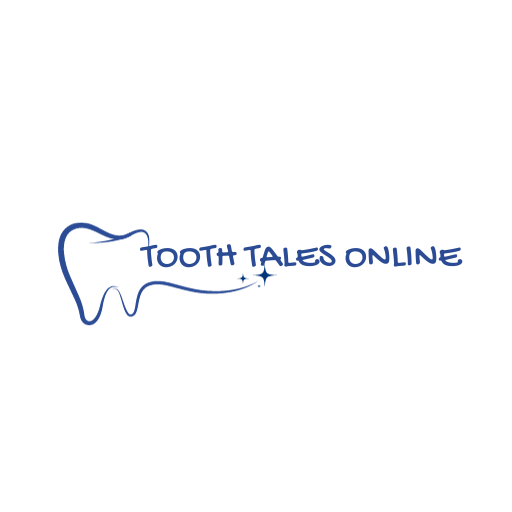
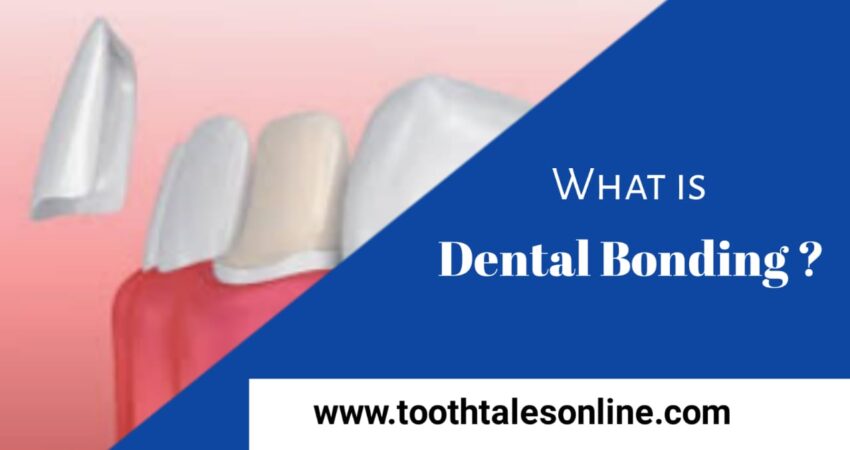
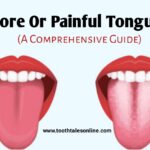
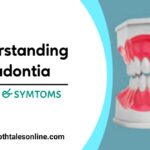
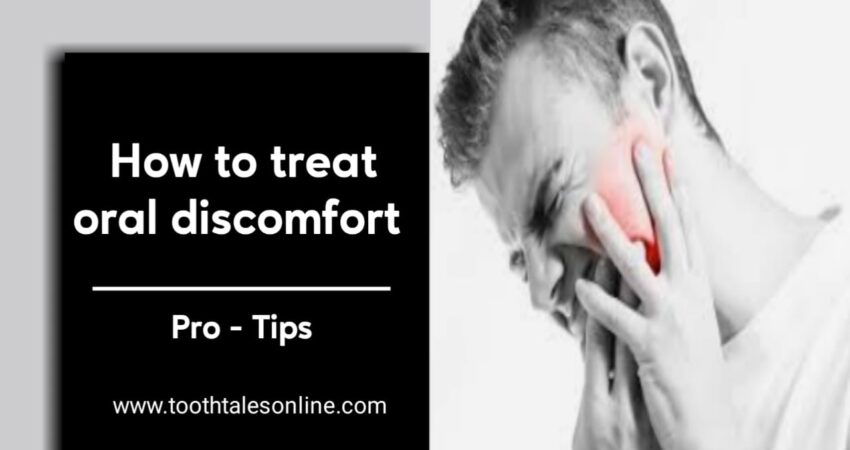
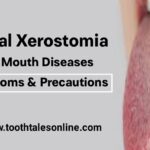

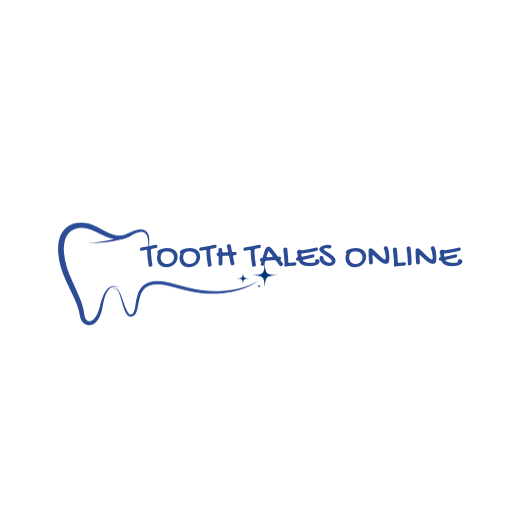
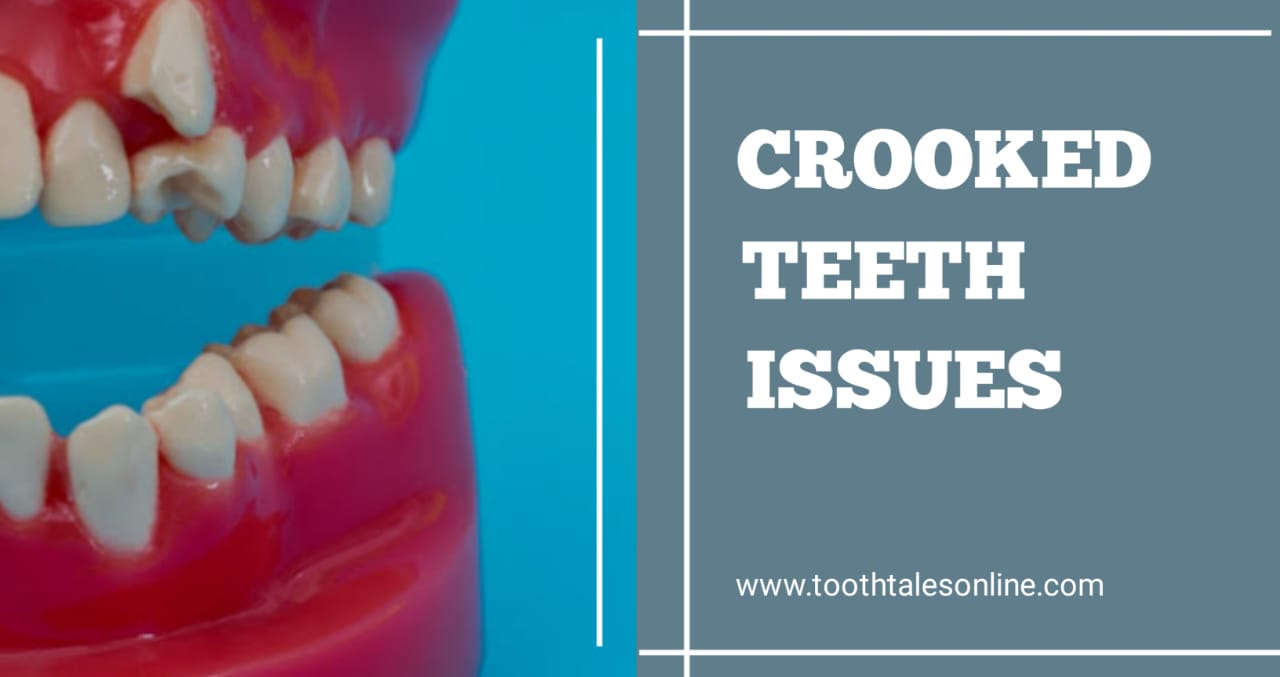
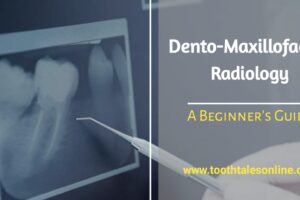
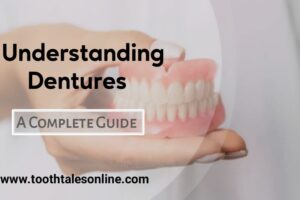
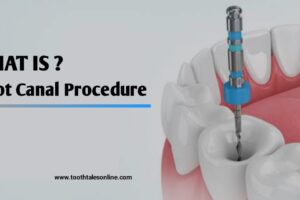










Add Comment